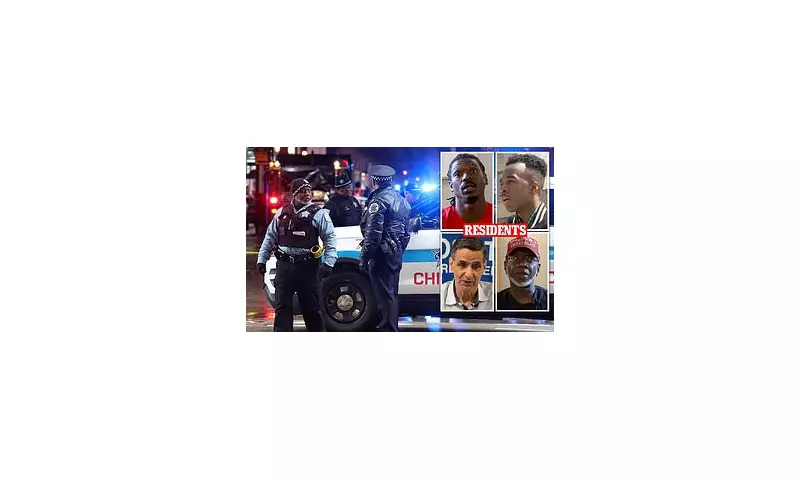
The streets of Chicago have become the unlikely stage for a fierce national debate, ignited by former President Donald Trump's provocative suggestion to deploy the National Guard to combat the city's persistent crime wave. The proposal has cleaved public opinion, creating a stark divide among the Windy City's inhabitants.
A City of Contrasting Opinions
Walking through Chicago's diverse neighbourhoods, one encounters a palpable tension. The Daily Mail's ground-level assessment reveals a community grappling with complex issues of safety, political allegiance, and the very role of federal power in local affairs.
For many residents, Trump's proposition is a long-overdue solution. "We need help, plain and simple," stated one local shop owner, who expressed frustration with current crime levels. This sentiment echoes through parts of the community where violent incidents have left lasting scars, fostering a desire for decisive action, regardless of the source.
Voices of Support and Scepticism
Proponents argue that the situation has escalated beyond the capabilities of local law enforcement, necessitating a robust, military-style response to restore order and protect citizens and businesses. They view the potential deployment not as an overreach but as a necessary intervention in a crisis.
Conversely, a significant portion of the community reacts with deep scepticism and alarm. "It feels like an invasion, not assistance," shared a lifelong resident from the South Side. Critics condemn the idea as a politically charged stunt that would militarise their streets, exacerbate tensions, and fundamentally alter the character of their city. They fear it would target minority communities disproportionately and undermine civic trust.
The Political Firestorm
The debate transcends mere policy discussion, tapping into the broader national discourse on law, order, and executive power. Trump's comments have unsurprisingly drawn fierce condemnation from political opponents, who label the idea authoritarian and an affront to local governance.
This stark polarisation in Chicago serves as a potent microcosm of the wider American political landscape, where solutions to complex problems are increasingly framed in binary, absolutist terms. The conversation on the streets is less about nuanced policy and more about fundamental beliefs concerning safety, liberty, and the appropriate use of force.
As the national conversation continues, the people of Chicago are left to navigate the daily reality of crime while caught in the crossfire of a heated political battle, their city's name invoked as a rallying cry in a debate that shows no signs of abating.





